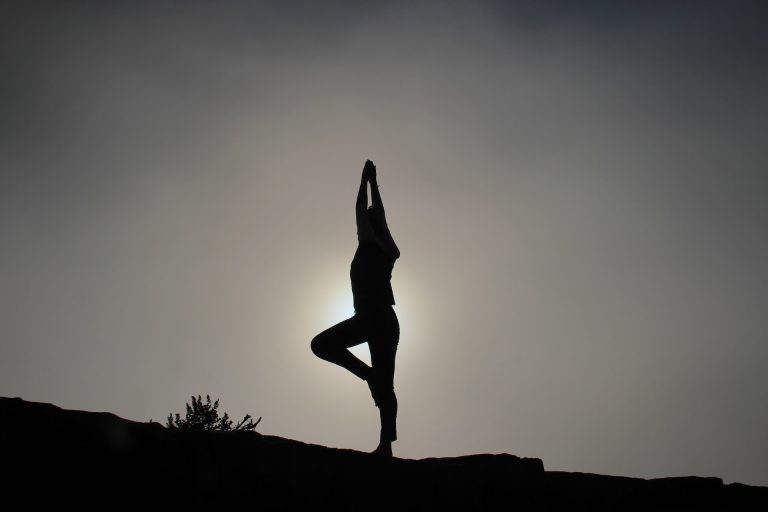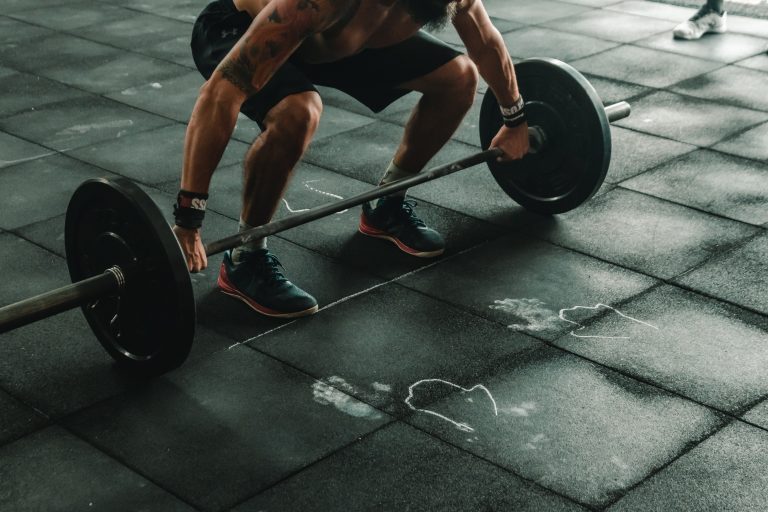Is Karate Good for Adults? The Benefits and Risks of Practicing Karate
Karate is a popular martial art that involves various movements and techniques to defend oneself. While it’s commonly associated with children and teenagers, karate is also a great option for adults who want to stay physically fit and learn self-defense skills. In this blog post, we’ll discuss the benefits and potential risks of practicing karate as an adult.
The Benefits of Practicing Karate as an Adult
1. Physical Fitness: Karate involves a lot of physical activity that can help improve your strength, flexibility, agility, and endurance. Regular training can also help you lose weight and maintain a healthy body mass index (BMI).
2. Self-Defense: Karate is a self-defense martial art that aims to teach people how to protect themselves in dangerous situations. As an adult, learning self-defense can help you feel more confident and secure in your daily life.
3. Improved Mental Health: Practicing karate can help reduce stress and anxiety levels by providing a healthy outlet for tension and frustration. In addition, the discipline and focus required in karate training can help improve concentration and mental clarity.
4. Social Benefits: Joining a karate class as an adult can provide an opportunity to meet new people and make friends with similar interests. This can be particularly beneficial for adults who have recently moved to a new area or want to expand their social circle.
The Potential Risks of Practicing Karate as an Adult
1. Risk of Injury: Karate involves a lot of physical contact and repetitive movements that can put strain on various parts of your body. As an adult, you may be more prone to injuries than children and teens who have more resilient bodies.
2. Time Commitment: To see significant progress in karate, you’ll need to commit to regular training and practice. This can be challenging for adults who have busy schedules with work, family, and other responsibilities.
3. Financial Cost: Joining a karate class as an adult can be expensive, particularly if you need to purchase uniforms or equipment. Make sure to research and compare the costs of different classes before committing to one.
How to Get Started with Karate as an Adult
If you’re interested in trying karate as an adult, here are some steps you can take:
1. Research Different Karate Classes: Before committing to a class, research different options in your area and read reviews from other students to find a class that aligns with your fitness level and interests.
2. Talk to the Instructor: Once you’ve identified a potential class, reach out to the instructor to discuss your goals and any concerns you may have. They can provide guidance on the best class for you and answer any questions you may have.
3. Invest in Proper Equipment: Depending on the class, you may need to purchase a uniform or other equipment such as gloves or protective gear. Make sure to invest in high-quality equipment that fits properly and provides adequate protection.
4. Take it Slow: As an adult, it’s important to listen to your body and avoid overdoing it during your first few classes. Respect your limits and gradually work your way up to more challenging movements.
Is Karate Good for Adults? Answering the Most Frequently Asked Questions
Karate is a popular martial art that originated in Okinawa, Japan, in the early 20th century. Over the years, it has gained popularity worldwide, and it’s now considered one of the most effective and dynamic methods of self-defense.
Karate is often associated with children and young adults, but it’s also an excellent option for adults who want to stay fit, develop self-discipline, or learn self-defense skills. In this blog post, we’ll explore the most frequently asked questions about karate for adults.
1. Can Anyone Learn Karate?
Yes, anyone can learn karate, regardless of age or physical condition. Unlike other sports or physical activities, karate doesn’t require specific physical attributes or skills to start. However, it’s always a good idea to consult with a doctor before starting any new physical activity, especially if you have any medical conditions.
2. Is Karate a Good Workout for Adults?
Yes, karate is an excellent workout for adults. Karate training involves a range of physical activities that can help improve cardiovascular endurance, strength, flexibility, and balance. Karate training also provides a full-body workout, which can help tone muscles, improve posture, and burn calories.
3. What Are the Benefits of Learning Karate as an Adult?
The benefits of learning karate as an adult are numerous. Some of the most prominent benefits include:
– Improved physical fitness
– Increased self-confidence
– Enhanced focus and concentration
– Stress relief
– Self-discipline and self-control
– Improved flexibility and balance
– Self-defense skills
Karate training can have a positive impact on both physical and mental health, making it an ideal activity for adults of all ages.
4. How Long Does It Take to Learn Karate?
The time it takes to learn karate can vary depending on several factors, including the student’s dedication, the frequency of training, and the level of skill they want to achieve. Generally, it takes an average of three to five years to obtain a black belt in karate, but this can vary significantly.
It’s essential to note that karate training is a journey, not a destination. The more you practice, the more you’ll learn and improve. As with any skill, the key to success is consistent, dedicated practice over time.
5. Is Karate Safe for Adults?
Yes, karate is generally safe for adults, provided they train in a safe and controlled environment under the guidance of a qualified instructor. Safety is a top priority in karate training, and instructors take several measures to ensure students‘ safety during training, sparring, and competition.
It’s essential to follow proper techniques and safety guidelines to avoid injury, both during training and outside the dojo.
How to Get Started with Karate Training as an Adult
Karate is a popular martial art that originated in Okinawa, Japan. It involves different techniques of punching, kicking, knee strikes, and open-hand techniques. As an adult, you may be wondering if karate is a good option for you. The good news is that karate can be beneficial for individuals of all ages, regardless of their fitness level or previous experience. Here’s how to get started with karate training as an adult.
Step 1: Choose the Right Karate Class
The first step to getting started with karate training is to find a class that meets your needs. There are many different types of karate classes available, each with their own unique approach and teaching methods. Some classes focus on physical conditioning, while others focus more on traditional techniques and forms. Make sure to choose a class that aligns with your personal goals and interests.
Step 2: Attend a Trial Class
Before committing to a karate class or school, it’s a good idea to attend a trial class. This will give you the opportunity to see if the class is a good fit for you and to get a feel for the instructor’s teaching methods. During the trial class, pay attention to the class structure, the level of intensity, and the overall atmosphere.
Step 3: Get the Right Gear
Karate involves a lot of physical contact, so it’s important to have the proper gear to stay safe during training. Some essential karate gear includes a gi (karate uniform), a mouthguard, hand wraps, and sparring gloves. Make sure to check with your instructor for any additional gear that may be required for your specific class.
Step 4: Work on Your Fitness Level
Karate requires a lot of physical stamina and endurance, so it’s important to work on your fitness level before starting karate training. This can include a regular exercise routine that involves cardio, strength training, and flexibility exercises. Talk to your instructor about any specific fitness goals that may be required for your class.
Step 5: Learn the Basics
Once you’ve chosen a karate class and have the necessary gear, it’s time to start learning the basics. This includes learning proper stances, basic techniques, and forms. Keep in mind that karate is a progressive martial art, so it’s important to focus on mastering the basics before moving on to more advanced techniques.
Step 6: Practice, Practice, Practice
Karate requires a lot of practice and repetition to master techniques and progress to higher levels. It’s important to attend class regularly, practice outside of class, and seek feedback from your instructor. Don’t be afraid to make mistakes and ask questions – this is an important part of the learning process.
Step 7: Continue to Learn and Grow
Karate is a lifelong journey that involves continuous learning and growth. As you progress through the ranks, make sure to continue to challenge yourself and set new goals. This can include attending advanced classes, competing in tournaments, or even becoming a certified instructor.
Final Thoughts
Overall, karate can be a rewarding and beneficial martial art for adults of all ages. By choosing the right karate class, attending a trial class, getting the right gear, working on your fitness level, learning the basics, practicing regularly, and continuing to learn and grow, you can develop valuable self-defense skills, increase your physical fitness, and improve your overall well-being.
Inhaltsverzeichnis





